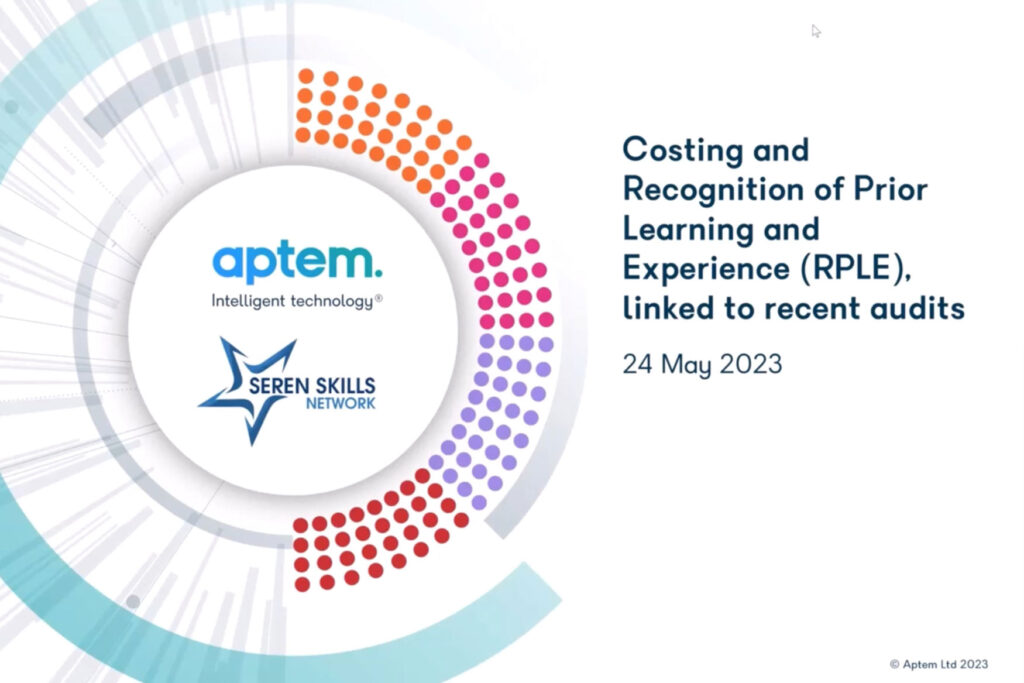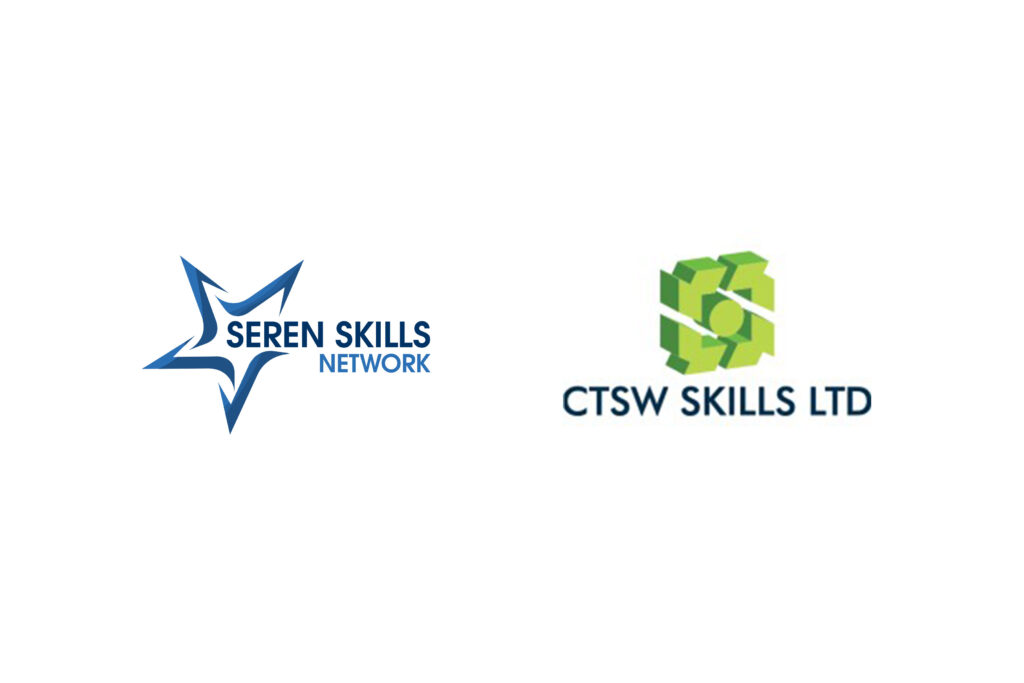News
Stay in the loop with everything happening here at Seren Skills Network.

Inspiring Growth and Empowering Education: Seren S...
Within the ever-changing landscape of education and training, five years symbolises a significant ac...
Costing and Recognition of Prior Learning and Expe...
Last month, Patrick Tucker, Director of Corporate Strategy, and Hannah Lloyd, Operations Director at...
***Exciting Announcement***
Seren Skills Network Ltd are delighted to announce our new partnership with CTSW Skills LTD and w...
Enhancing Your Training Practice: The Power of Ind...
As an independent training provider, you may feel like you have a good handle on your teaching pract...
Toxic Leadership: The Silent Killer of Organisatio...
Toxic and destructive leadership is not just difficult for morale, it can also affect the performanc...
International Women’s Day
As the world celebrates International Women’s Day, Seren Skills Network is celebrating women i...
Big News for Us! Good News for You!
As we begin the new year, Seren Skills are delighted to introduce the newest member to our team, ...
Think Tank
Seren Skills Network hosted a think tank event exploring the need and impact of partial achievements...







